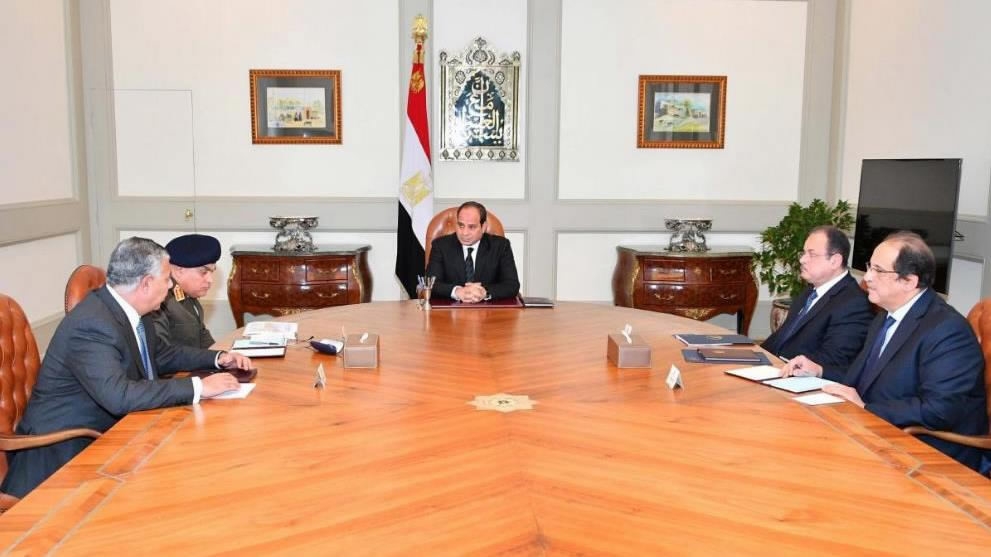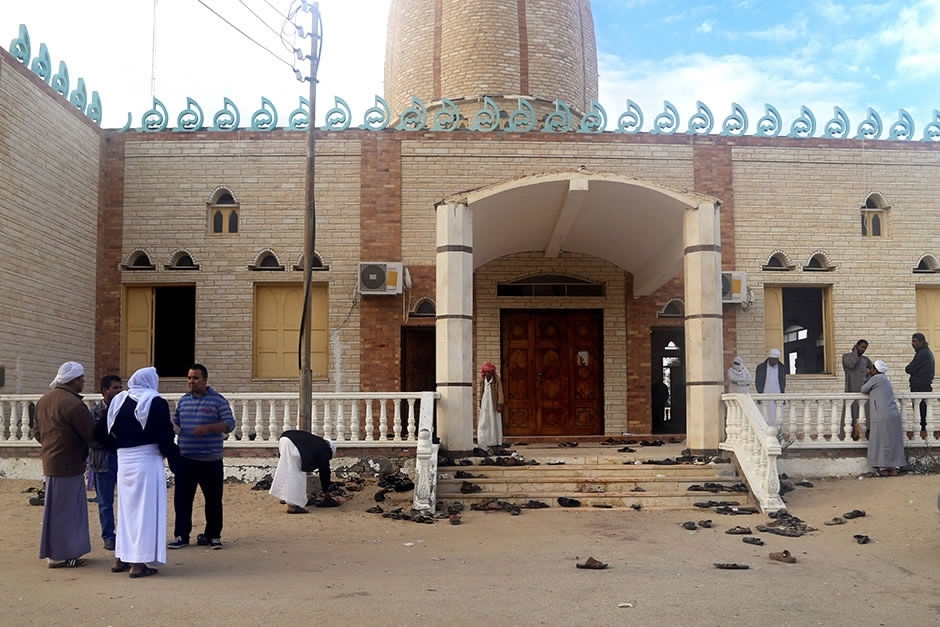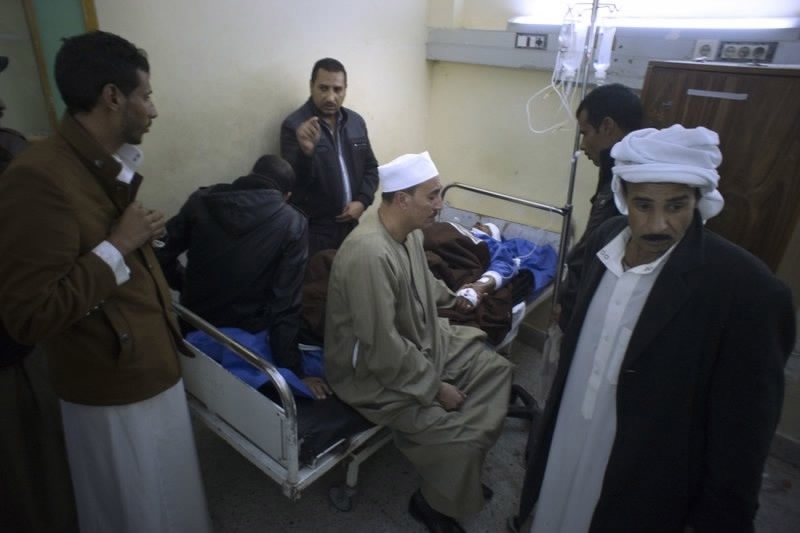
Opinions
18:18, 26-Nov-2017
Opinion: Al-Rawda mosque attack a turning point in Egypt's war against terrorism
Guest commentary by Hussein Ismail

Since the so-called Ansar Bait al-Maqdis ("Supporters of Jerusalem") in Sinai has declared their allegiance to the Islamic State of Iraq and the Levant and became ISIL-Sinai Province, it has failed to have a presence on the ground, both in terms of controlling the land or the population or even lifting its black flags. The members of ISIL-Sinai Province have been carrying out their terrorist attacks on police stations and army sites From their dens in the mountains and rugged areas.
With the intensification of the strikes against them, it has become difficult for them to target the security points. They went to easy targets. They detonated bombs on churches in Cairo, Alexandria and Tanta, killing dozens of Christians, yet failing to create a sectarian conflict in Egypt. They also carried out the most deadly attack in Sinai when they brought down a Russian passenger plane carrying tourists from the resort of Sharm el-Sheikh in 2015, killing 224 people. The aim was to hit Egyptian tourism and then the Egyptian economy, but they failed again when tourism has improved significantly after the attack. They then targeted civilians directly, such as bus drivers, banks and some tribal leaders, before committing their crime at the al-Rawda mosque in n Bir al-Abed of North Sinai during Friday prayers.

People standing on Saturday outside Al Rawdah mosque, where a bomb exploded, in Bir Al-Abed, Egypt. /Reuters Photo
People standing on Saturday outside Al Rawdah mosque, where a bomb exploded, in Bir Al-Abed, Egypt. /Reuters Photo
This latest attack represents an important turning point in Egypt's war against terrorism, given the tribal nature of the area in which the attack took place.
The attack on the al-Rawda mosque recalls the 1997 attack in Luxor that killed more than 60 tourists, raised public opinion against extremists, limited recruitment and fundraising, and bolstered support for the anti-terrorist campaign.
Comprehensive counter-terrorism efforts over the past four years have led to a reduction in the ideology of extremism, particularly with the clear determination of important countries in the region to combat terrorism by countering radical ideas and countries suspected of supporting terrorism.
More than five months ago, four Arab countries decided to sever ties with Qatar and accused it of supporting extremist groups financially and by media, a charge denied by Qatar. However, a remark should not be overlooked: The attack on the Al-Rawda mosque came a few days after the four boycotting countries of Qatar added two other Qatar-backed organizations and 11 individuals to their list of terrorism.

The victims receive medical treatment at Suez Canal University hospital in Ismailia, Egypt, November 24, 2017. /AP Photo
The victims receive medical treatment at Suez Canal University hospital in Ismailia, Egypt, November 24, 2017. /AP Photo
After ISIL lost its control of both the population and the land in Iraq and Syria, the region will face a wave of returnees, many of whom will return to their countries, while others will move to unstable countries such as Libya, Yemen and Somalia, posing a new threat.
It is therefore necessary to intensify the efforts of the international community to stem the sources of terrorism, eliminate the sources of funding and supply weapons to combatants. It is also important to intensify international efforts to find political solutions to the crises in the Middle East. The growing threat and spread of terrorism has threatened all parts of the world.
Egypt has adopted a comprehensive strategy to combat terrorism, not limited to military and security means, but also cultural, economic and social efforts. Egyptian President Abdel Fattah al-Sisi called for the renewal of the religious discourse, and urged the countries of the world to cooperate seriously to combat all terrorist organizations and not to provide safe havens for extremists. During the Arab-Islamic-American Summit in Riyadh, he said: “Anybody who is involved in these acts is an essential partner in terrorism. Regrettably, there are some countries which are involved in supporting and financing terrorist organizations and providing safe havens for them. Also, there are countries which refuse to share the information and databases they have about foreign terrorist fighters even with the Interpol.”
(The author is the Deputy Editor-in-Chief of China Today's Arabic edition.The article reflects the author’s opinion, not necessarily the views of CGTN.)

SITEMAP
Copyright © 2018 CGTN. Beijing ICP prepared NO.16065310-3
Copyright © 2018 CGTN. Beijing ICP prepared NO.16065310-3